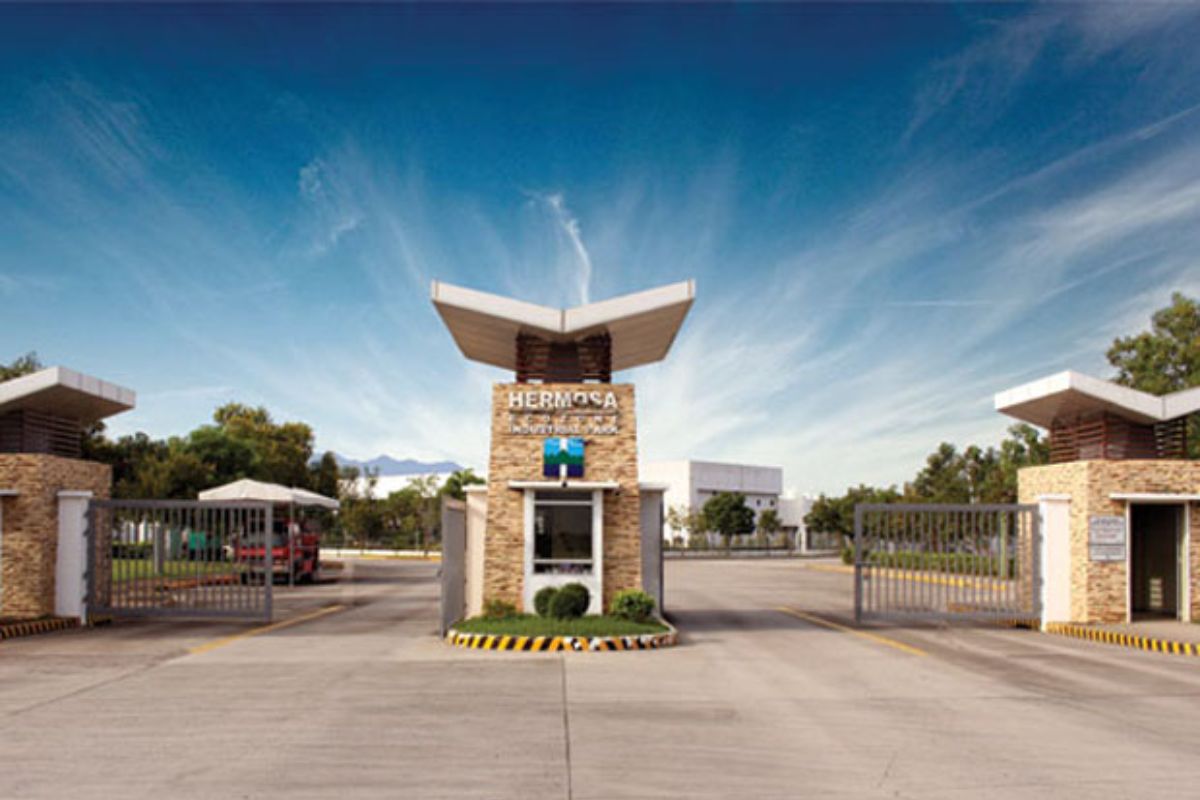The manufacturing industry plays a vital role in the economic productivity of a country. Everything from sewing materials to oil extraction to steel generation falls into this segment of business. Likewise, industrial parks are key to this segment of business. The idea of manufacturing settles upon changing crude materials – either natural or inorganic – into items that are usable by society. Here are five types of manufacturing industries that are predominant in the market today:
Apparel and Textiles
Organizations that produce crude fleece, cotton, and flax to make fabric are classified under the clothing and textiles segment. This manufacturing industry additionally includes wool and materials to make garments, outerwear, upholstery textures, and bedding. The yield of sewers and tailors has a place in the clothing and textile division. Synthetics, for example, polyester, fall under concoction producing. The material, not the item, is at the focal point of characterizing this segment.
Oil, Chemicals, and Plastics
The way toward turning synthetic substances, coal and raw petroleum into usable items, alongside the creation of cleansers, tars, paints and pesticides and meds have a place in this division of manufacturing. However, elastic assembling is viewed as a piece of plastic work. This segment of industry additionally incorporates the utilization of unrefined petroleum to make certain plastics, just as fuel and different synthetics.
Gadgets, Computers, and Transportation
Despite the fact that these fields are firmly related, they are typically treated as various parts of manufacturing. The vast majority of the items in this assembling area utilize electric power, and all require a power source. Inside this industry, you’ll find all machines and microchips, semi-conductors, chips, and all broad media hardware. The transportation part is self-characterizing, as it contains all cars, trains, and planes that don’t fall under different parts like metalwork or compound assembling.
Food Production
The consideration of agribusiness into manufacturing in present day society indicates how horticulture has changed throughout the years, mimicking to a greater extent a food production plant than a natural style farm a century prior. As the least complex of all manufacturing enterprises, it incorporates all types of food creation – from the farm to the supper table – including work such as canning and filtering.
Metal Manufacturing
Alongside oil and compound assembling, metals have a place in the industry, while the rest of the segments are commonly considered as light industry or buyer arranged industry. The generation of metals incorporates all types of iron, aluminum, and steel fabricating.



